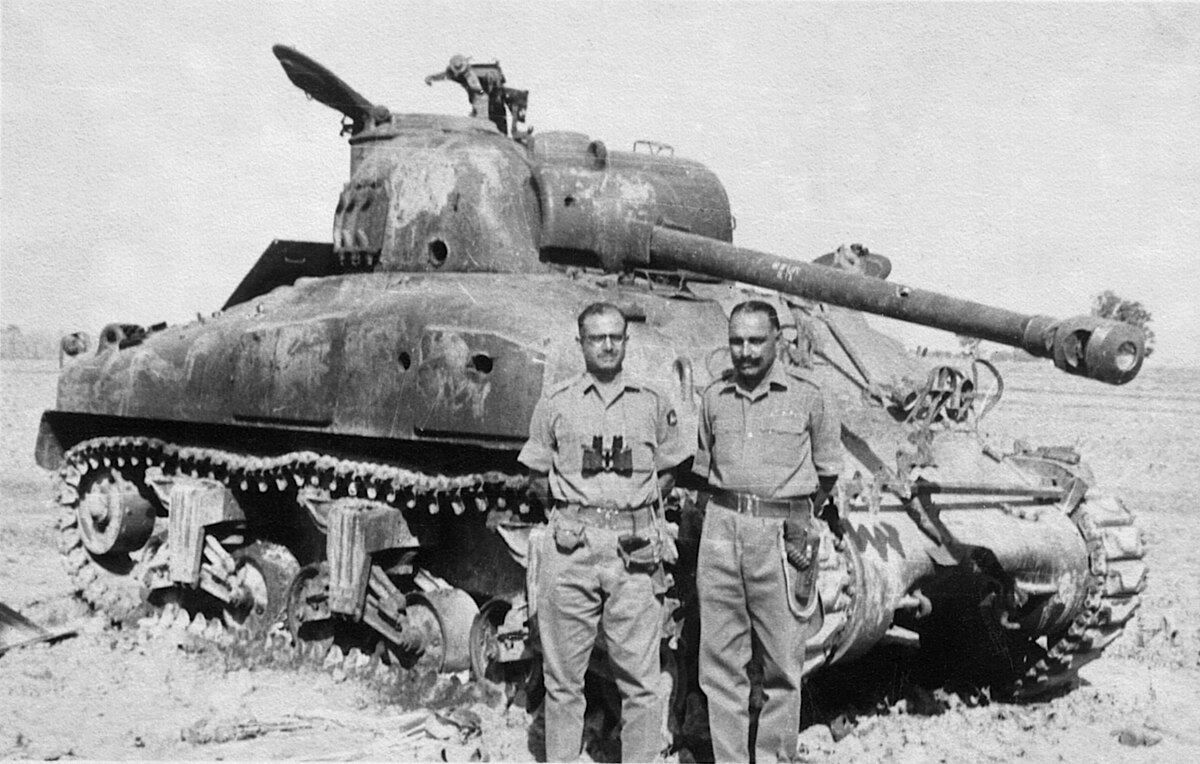The creation of Pakistan had never been fully accepted by India, and by April 1965, India had already begun generating a war frenzy. Tensions escalated as Indian forces were moved closer to the Pakistani border, signaling a brewing conflict.
The Indian government under Prime Minister Lal Bahadur Shastri faced internal opposition from political leaders who criticized the use of oppressive tactics against ordinary Pakistani civilians. These tactics included harassment and illegal detentions.
On September 1, 1965, seven Pakistani citizens—despite having valid legal documentation—were unlawfully arrested by Indian authorities in Kanpur. This blatant provocation intensified the already strained relations between the two nations.
Pakistan’s Federal Minister for Information, Khawaja Shahabuddin, issued a stern warning to India against any aggression along the Kashmir Line of Control. His warning proved timely, as just hours later, four Indian Vampire fighter jets launched an attack from Pathankot, targeting Pakistani forces and air defenses.
However, the vigilant Pakistani military was fully prepared. In a swift and decisive response, all four Indian aircraft were shot down at the Chhamb sector. One surviving pilot parachuted into Pakistani territory and was captured, becoming a prisoner of war.
Air Marshal Noor Khan, then Chief of the Pakistan Air Force, personally witnessed this dramatic and morale-boosting event, which marked a pivotal moment early in the war.
Realizing the growing vulnerability of their air assets, the Indian military withdrew the remaining 130 Vampire jets from the border region to avoid further losses and embarrassment.
During the war between Pakistan and India, two Pakistani army officers, Major Mian Raza Shah and Major Shah Nawaz, were martyred in separate operations near the border.
India also attempted to intensify military pressure in the Rajouri, Mandi, Sonamarg, and Srinagar sectors. However, the brave and determined Pakistani forces stood their ground and successfully countered the Indian offensives.
















